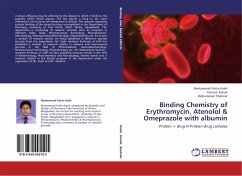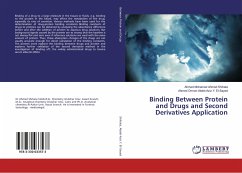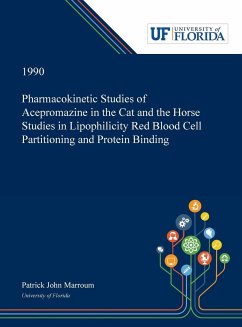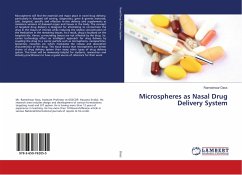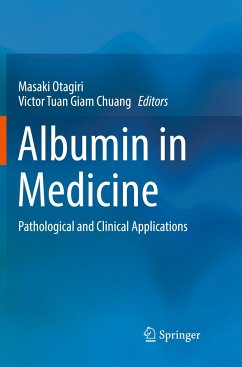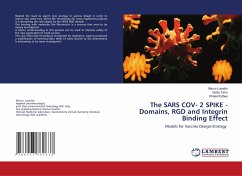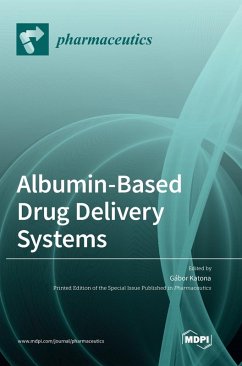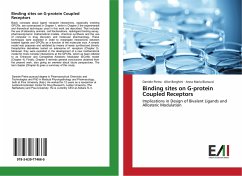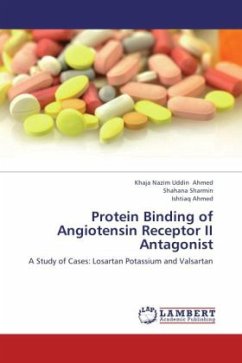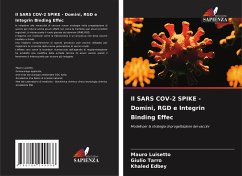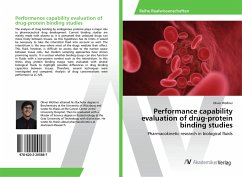
Performance capability evaluation of drug-protein binding studies
Pharmacokinetic research in biological fluids
Versandkostenfrei!
Versandfertig in 6-10 Tagen
16,99 €
inkl. MwSt.

PAYBACK Punkte
8 °P sammeln!
The analysis of drug binding by endogenous proteins plays a major role in pharmaceutical drug development. Current binding studies are mainly made with plasma as it is presumed that unbound drugs can move freely between tissues. As this hypothesis has its limits it would be necessary to take the interstitial fluid into account as well. The interstitium is the area where most of the drugs mediate their effect. This fluid, however, is difficult to access due to the narrow space between tissue cells, but modern sampling approaches have shown promising results. It is unclear whether binding essays...
The analysis of drug binding by endogenous proteins plays a major role in pharmaceutical drug development. Current binding studies are mainly made with plasma as it is presumed that unbound drugs can move freely between tissues. As this hypothesis has its limits it would be necessary to take the interstitial fluid into account as well. The interstitium is the area where most of the drugs mediate their effect. This fluid, however, is difficult to access due to the narrow space between tissue cells, but modern sampling approaches have shown promising results. It is unclear whether binding essays can also function in fluids with a low-protein content such as the interstitium. In this thesis drug protein binding essays were evaluated with several biological fluids to highlight possible differences in drug binding capacities between tissues. Therefore, several techniques were investigated and compared. Analysis of drug concentrations were performed via LC-MS.



